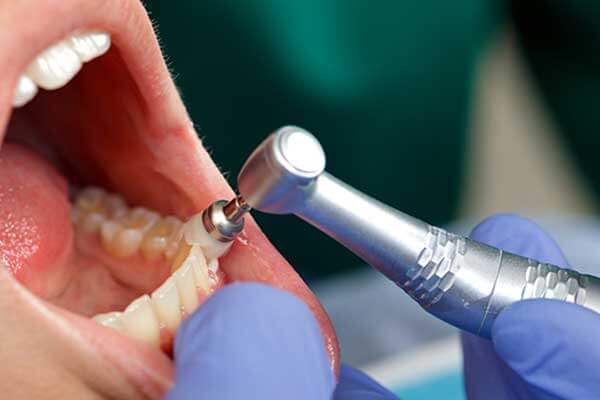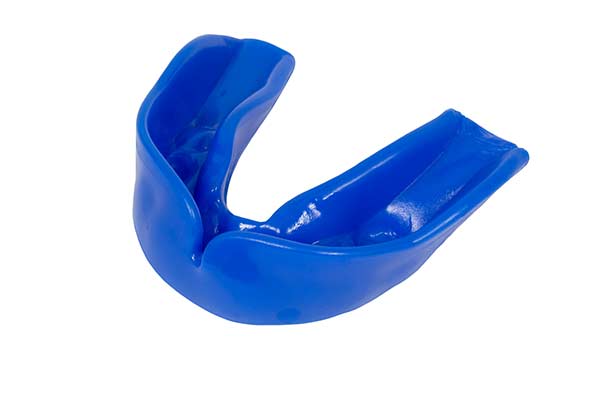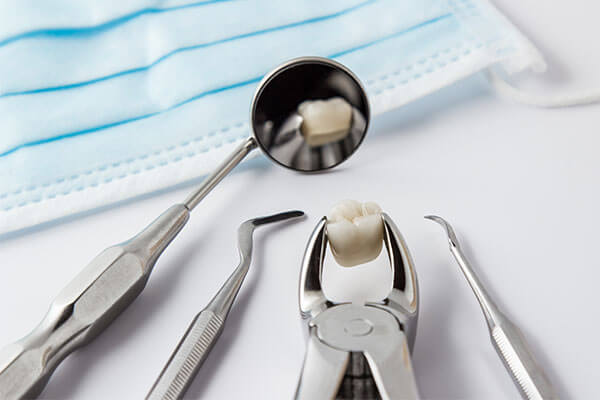General Dentistry in Easton, PA
At Fabey Dental, we believe preventative dentistry is vitally important – it’s the oral health care you need to prevent potential costly and painful dental issues down the line. Preventing dental problems and keeping your teeth healthy preserves your overall health, too.
Comprehensive Evaluation / Oral Examination
When you visit us regularly, we’ll perform a visual inspection of your mouth, head and neck to detect any issues or abnormalities. This oral exam will include radiographs when needed, to help your dental team detect cavities, problems in existing dental restorations, issues such as gum and bone recession or other abnormal conditions within the mouth, head and neck area.

Dental Cleaning
A dental cleaning, which is also called oral prophylaxis, removes dental plaque and tartar (calculus) from teeth. We use specialized instruments to gently remove these deposits without causing any harm. The process begins with an ultrasonic device that emits vibrations and is cooled by water. It loosens the larger pieces of tartar. Next, hand tools are used to manually remove smaller deposits and smooth the tooth surfaces. Once all the tooth surfaces are cleaned from tartar and plaque, your teeth are polished.

Custom Mouth Guards
Mouth guards are often necessary for athletes to protect their teeth while practicing or playing. They are used most frequently in contact sports. A mouth guard covers your gums and teeth, providing protection for lips, gums, teeth, and dental arches. A mouth guard that is properly fitted can reduce severity for dental injuries, and keep you safe when you practice and play.
Root Canal Treatment
Root canals are usually necessary when decay reaches the nerve of the tooth or the tooth has become infected. When performing root canal therapy, infected or inflamed pulp is removed from the tooth chamber. The inside of the tooth is cleaned and disinfected; then it’s filled and sealed. This limits the possibility of future infection. After a root canal is performed, your tooth will be restored by using either a dental crown or filling, whichever is necessary to protect the tooth, as well as restore complete, normal function.

Tooth Extractions
A tooth that simply can’t be saved with restorative procedures could need to be removed. If this is the case, before removing the tooth, the area will be numbed with anesthesia. The tooth is then loosened from the jawbone and surrounding ligaments and tissues, using a gentle rocking motion. Once loose, it’s gently removed. Stitches may be necessary after the removal of a tooth.
Frequently Asked Questions About General Dental Services
How often do I need to see my dentist?
You should schedule regular, routine visits every six months, or as directed by your dental team, for a routine examination and dental cleanings. This prevents dental health issues in the future, and keeps teeth healthy by removing plaque and tartar.
Will a root canal hurt following the treatment ?
Discomfort is usually minimal. Your dentist will recommend an over-the-counter analgesic, or if necessary because of infection, antibiotics and prescription pain relief. Follow your dentist’s instructions for oral hygiene care and in a few days you should be back to normal again.
What should I eat after an extraction?
It’s important to consume soft foods for a few days after an extraction to prevent injury to the area and disruption of healing. Foods such as scrambled eggs, smoothies, yogurt, and ice cream are all excellent ideas following tooth removal.
To learn more about our services or schedule an appointment, contact us today!
